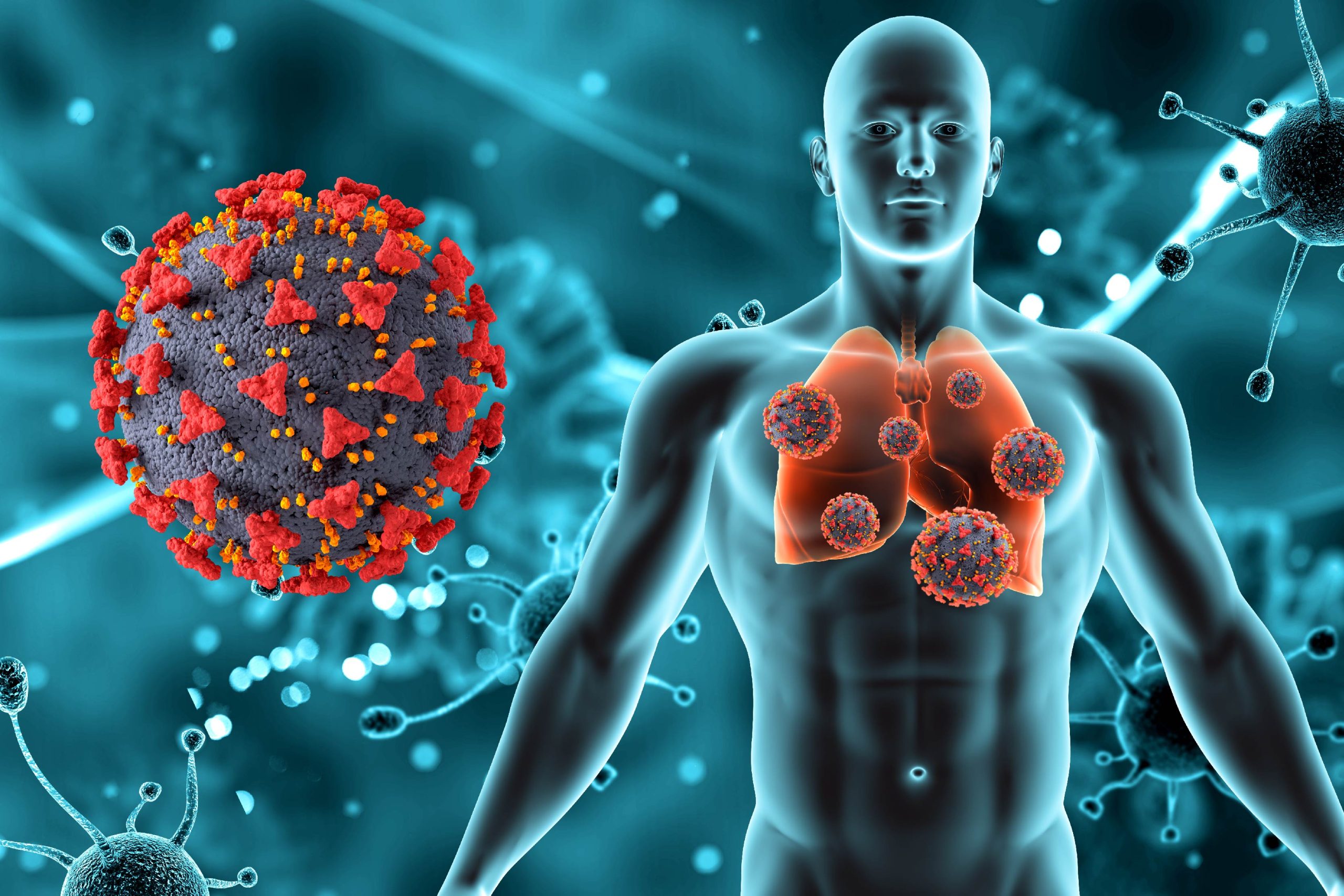Coronavirus

Overview
The coronavirus is a family of viruses that can cause respiratory illness in humans. The most recent outbreak is caused by a strain of the virus known as SARS-CoV-2, which emerged in Wuhan, China in December 2019 and rapidly spread around the world, leading to a pandemic.
Coronavirus disease 2019 (COVID-19) is an infectious disease caused by SARS-CoV-2. It primarily spreads through respiratory droplets when an infected person coughs, sneezes, or talks, and can also spread by touching a surface contaminated with the virus and then touching the mouth, nose, or eyes.
Symptoms
The symptoms of coronavirus disease 2019 (COVID-19) can vary from person to person, but commonly include:
- Fever or chills
- Cough
- Shortness of breath or difficulty breathing
- Fatigue
- Muscle or body aches
- Headache
- New loss of taste or smell
- Sore throat
- Congestion or runny nose
- Nausea or vomiting
- Diarrhea
Symptoms may appear 2-14 days after exposure to the virus, and can range from mild to severe. Some individuals may not show any symptoms but can still spread the virus to others. If you develop any of these symptoms, it is important to get tested for COVID-19 and to take steps to prevent the spread of the virus.
Treatments
There is currently no specific treatment for coronavirus disease 2019 (COVID-19), but supportive care can help manage symptoms and prevent complications. This may include:
- Rest
- Fluids
- Over-the-counter medications to manage fever and pain
- Supplemental oxygen therapy
- Mechanical ventilation (in severe cases)
In addition to these treatments, some individuals may benefit from medications such as remdesivir, dexamethasone, and monoclonal antibodies, depending on the severity of their illness and other factors. These medications are typically administered in a hospital setting.
Preventing the spread of COVID-19 is also an important aspect of treatment, and includes practices such as wearing masks, practicing physical distancing, washing hands frequently with soap and water, avoiding large gatherings, and staying home when feeling sick. Vaccines have also been developed to protect against COVID-19, and are now widely available in many parts of the world. The vaccines have been shown to be highly effective in preventing severe illness, hospitalization, and death from COVID-19, and can also help reduce transmission of the virus. It is recommended that everyone who is eligible to receive a COVID-19 vaccine do so to help protect themselves and others.
COVID-19 is a highly infectious respiratory illness caused by the SARS-CoV-2 virus that emerged in Wuhan, China in 2019 and rapidly spread around the world.
- fever
- cough
- fatigue
- body aches
- loss of taste or smell
- difficulty breathing
- sore throat





